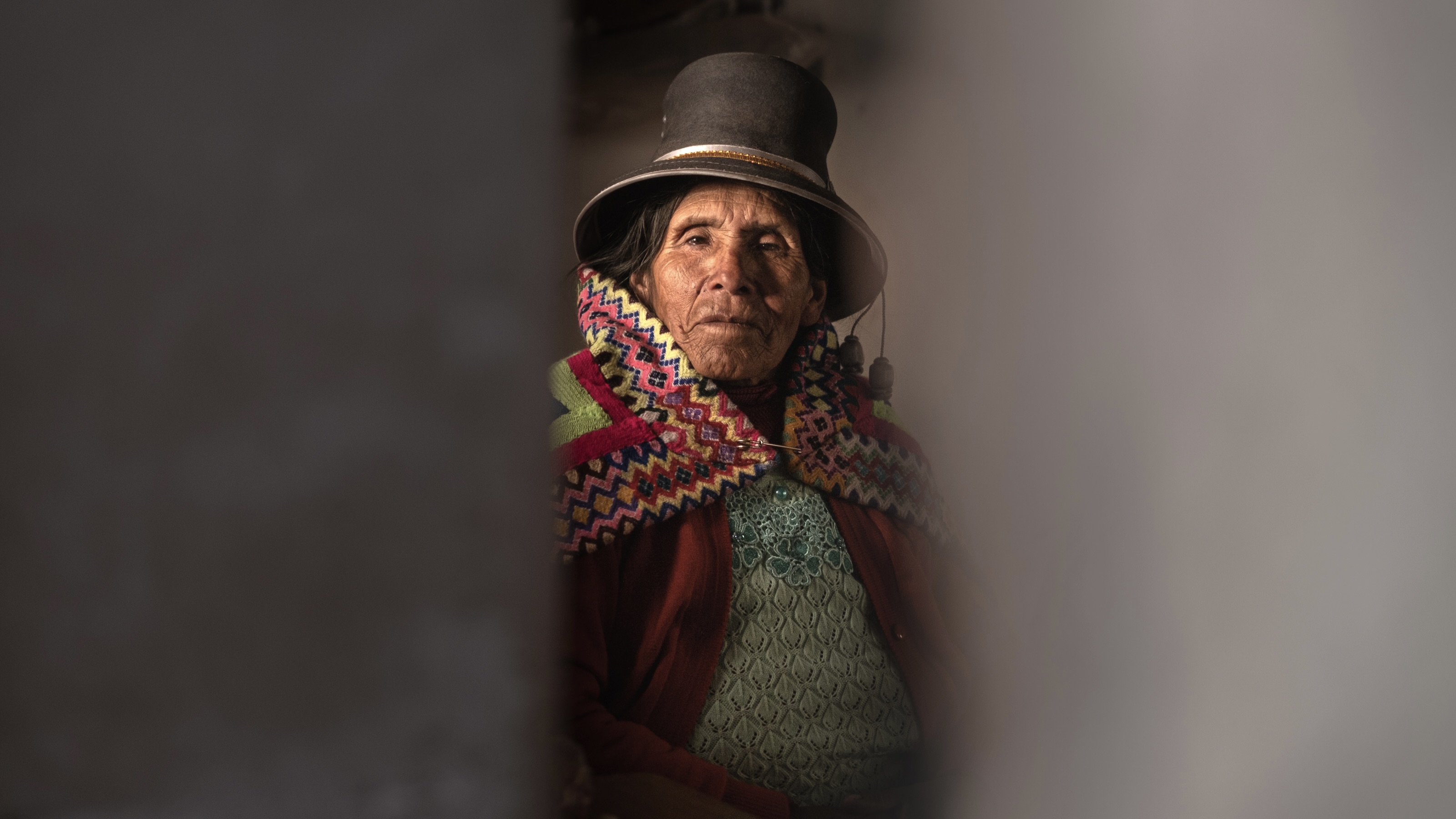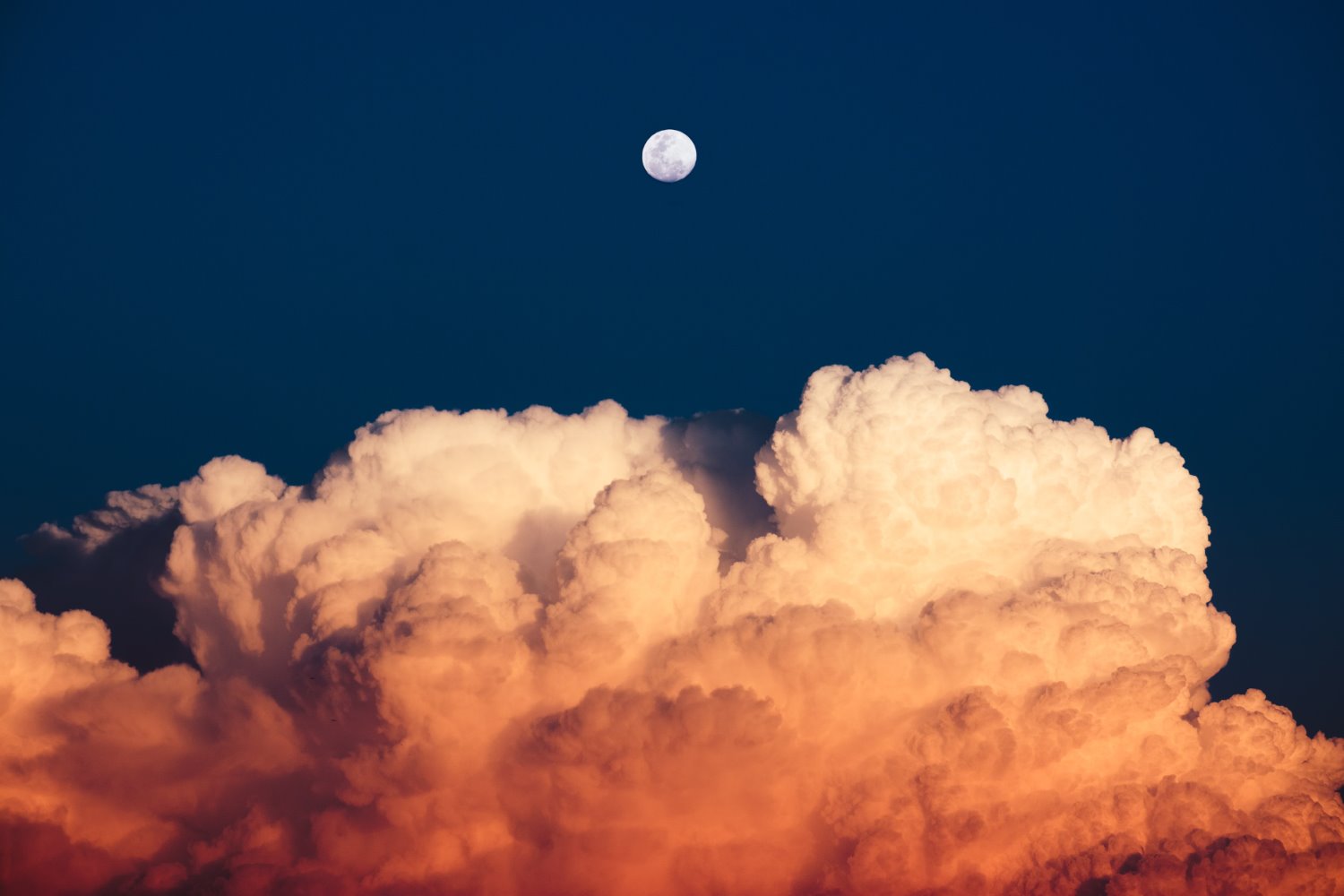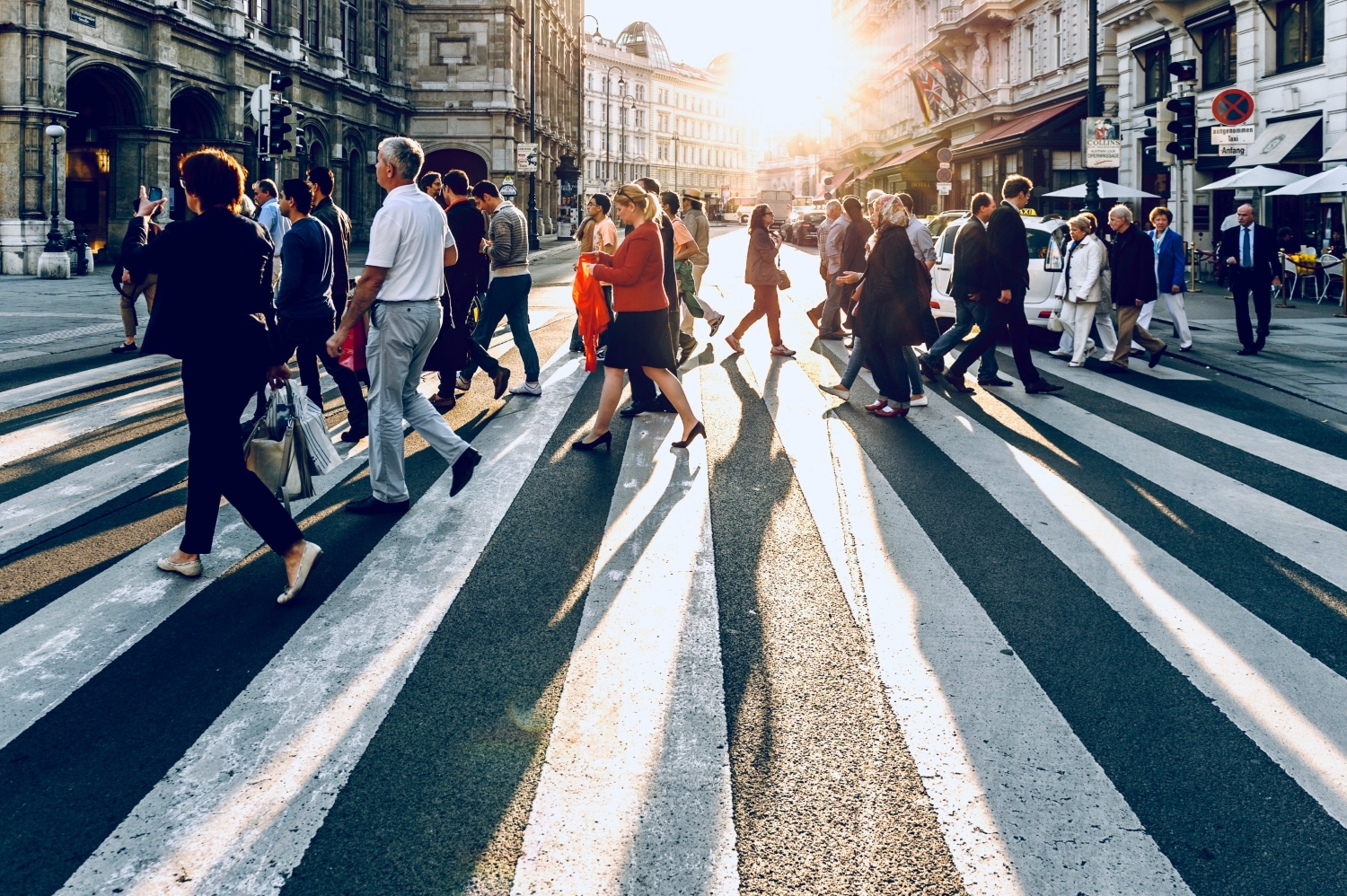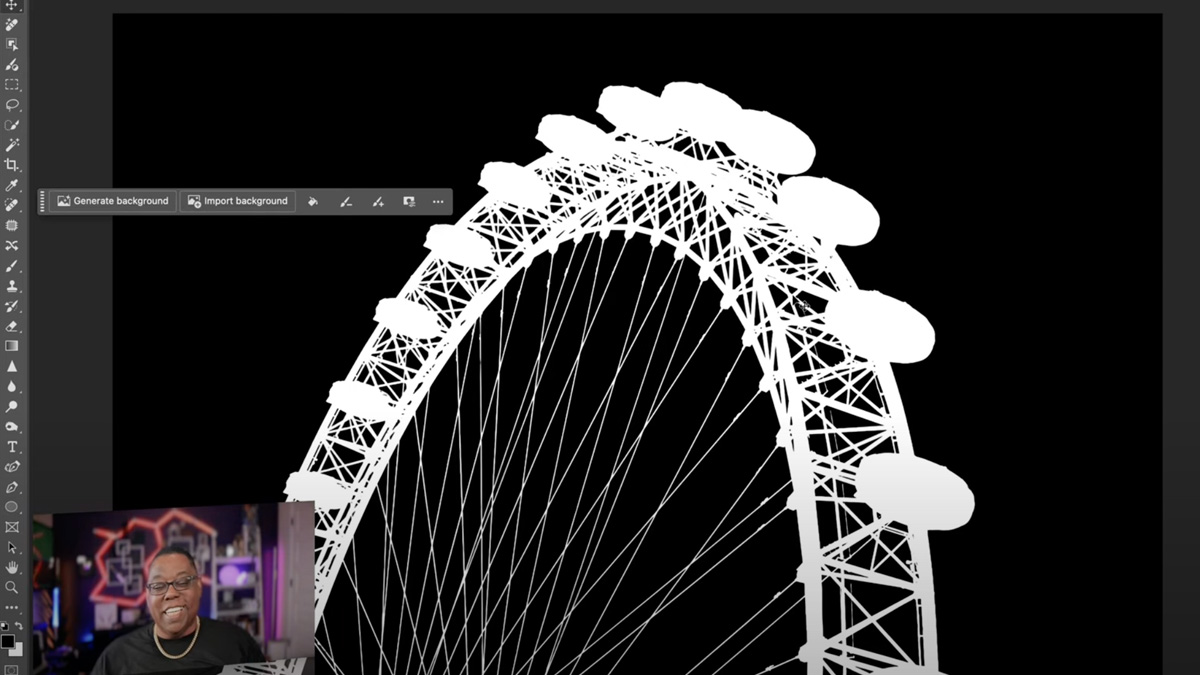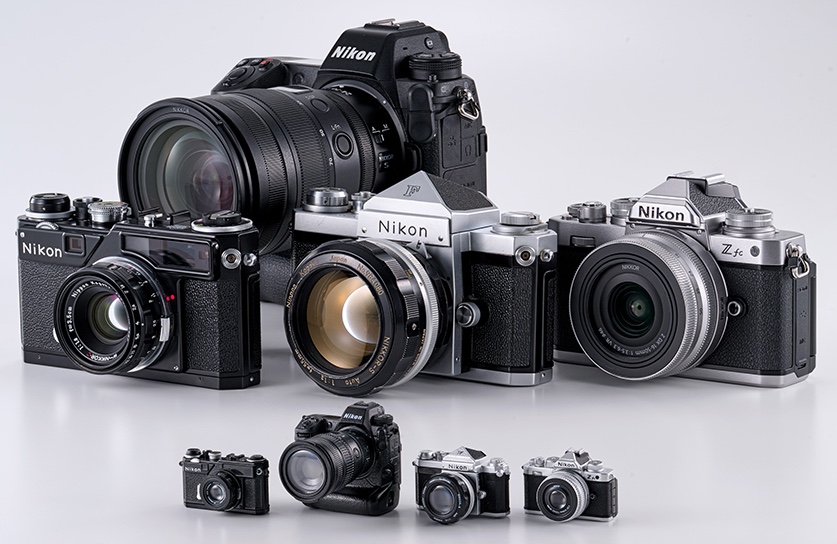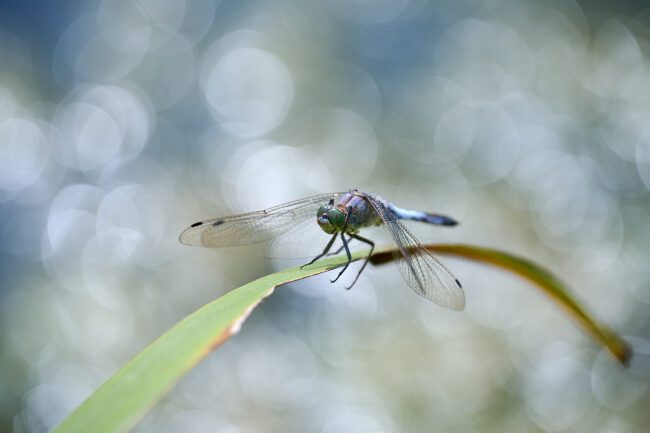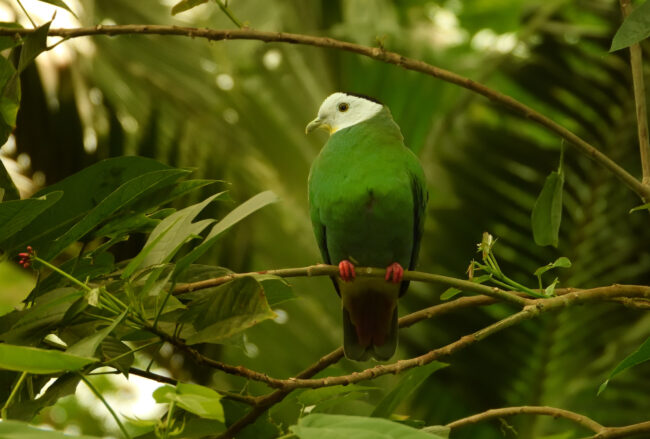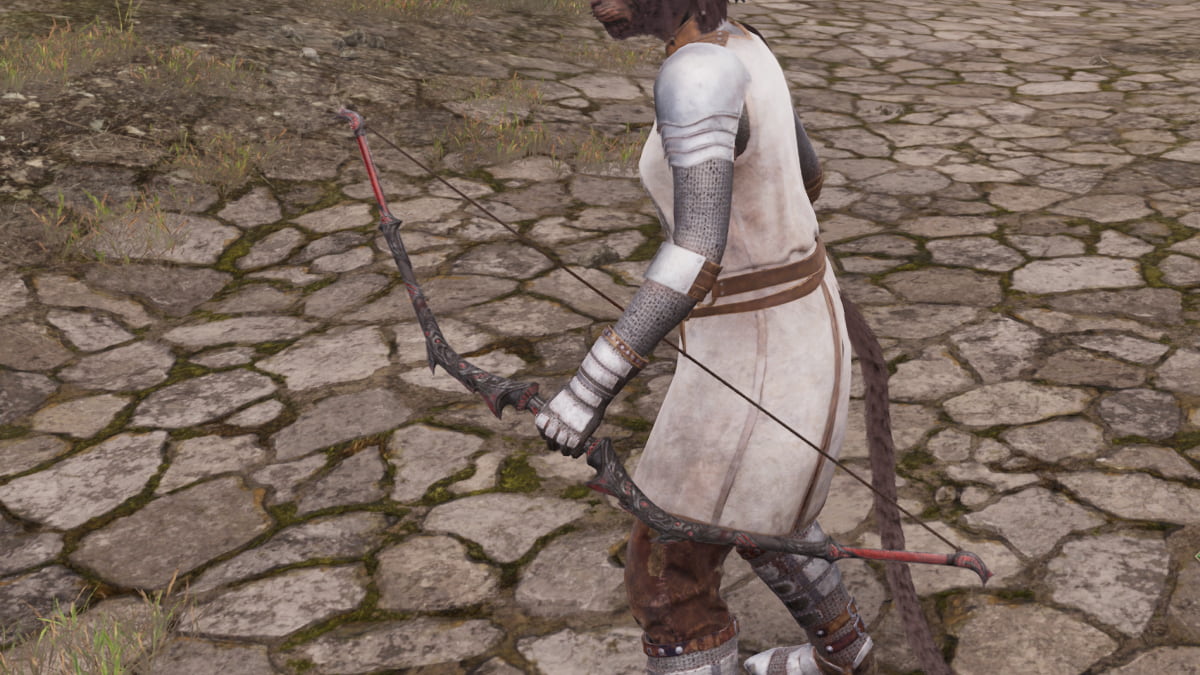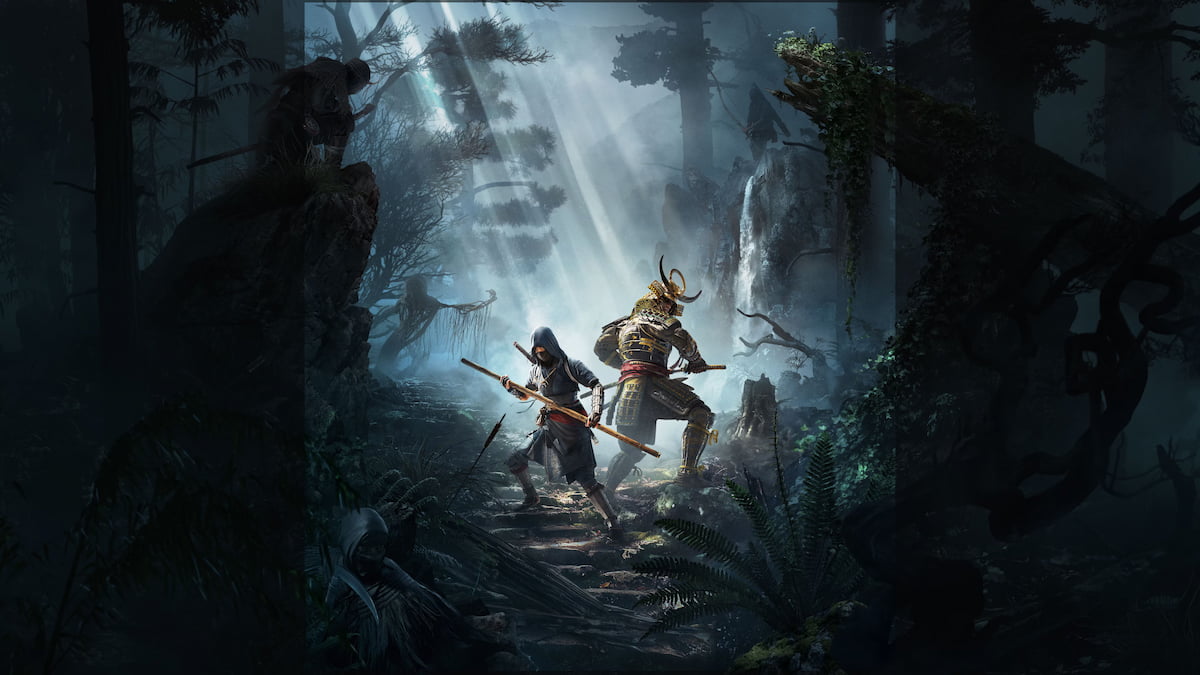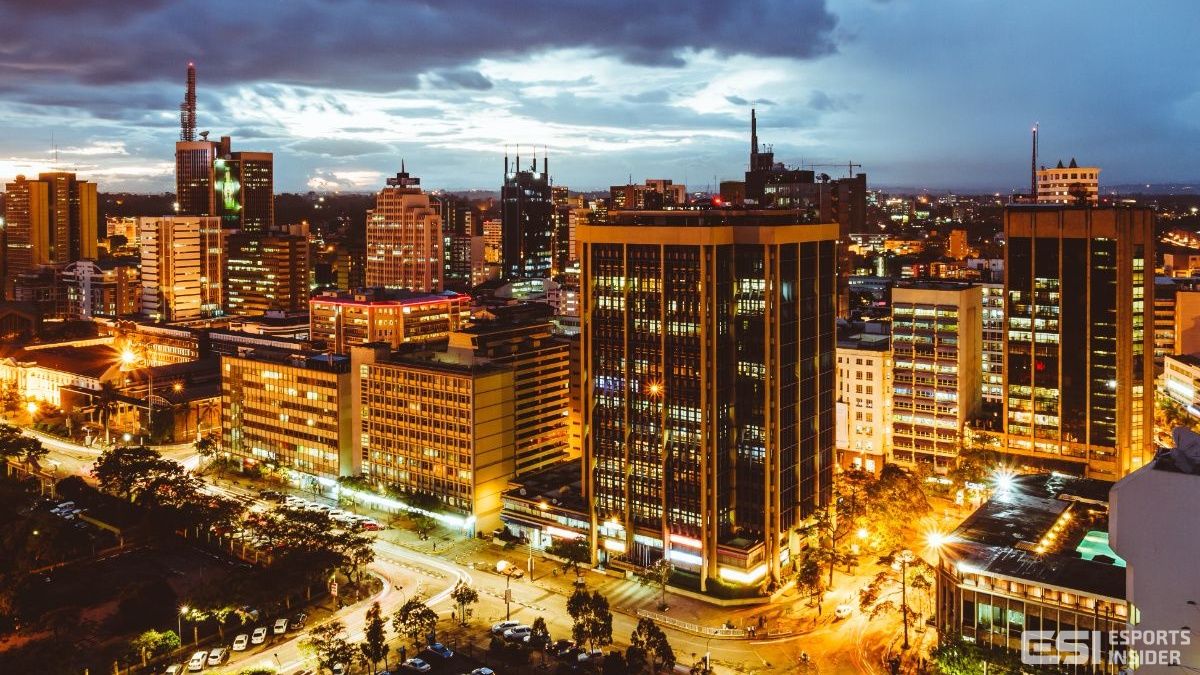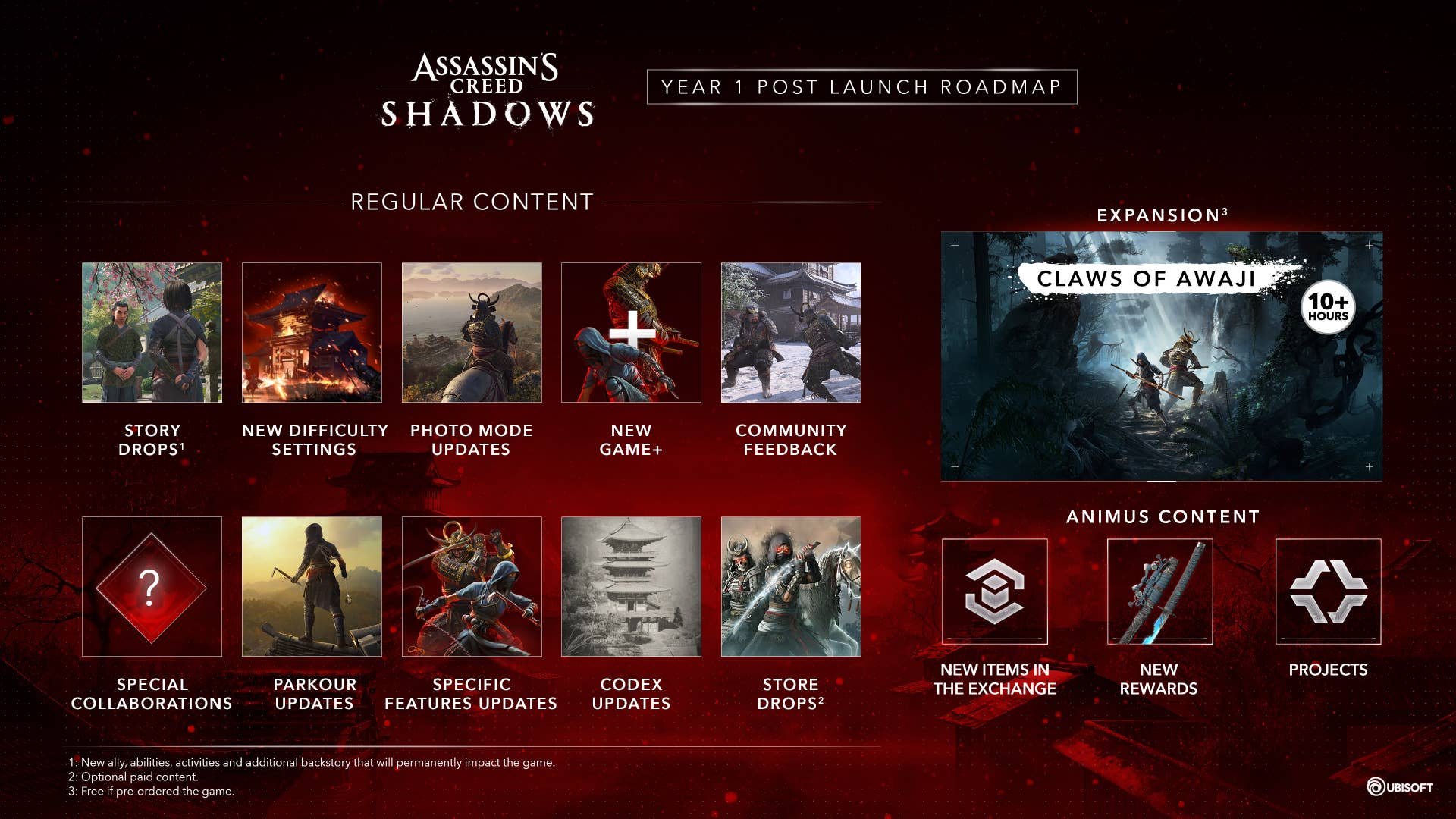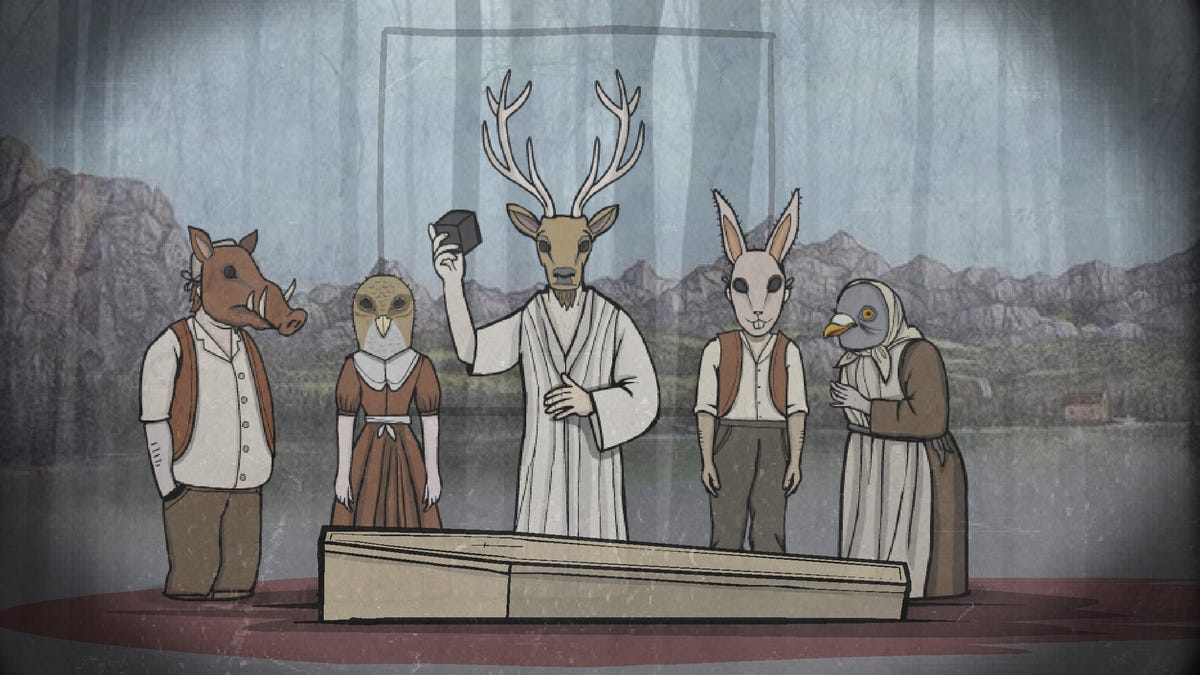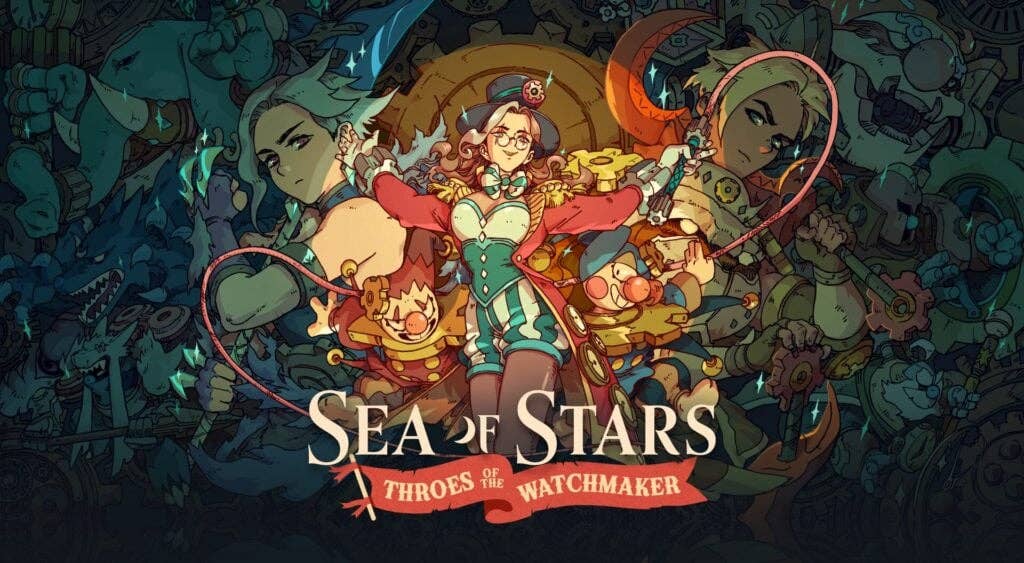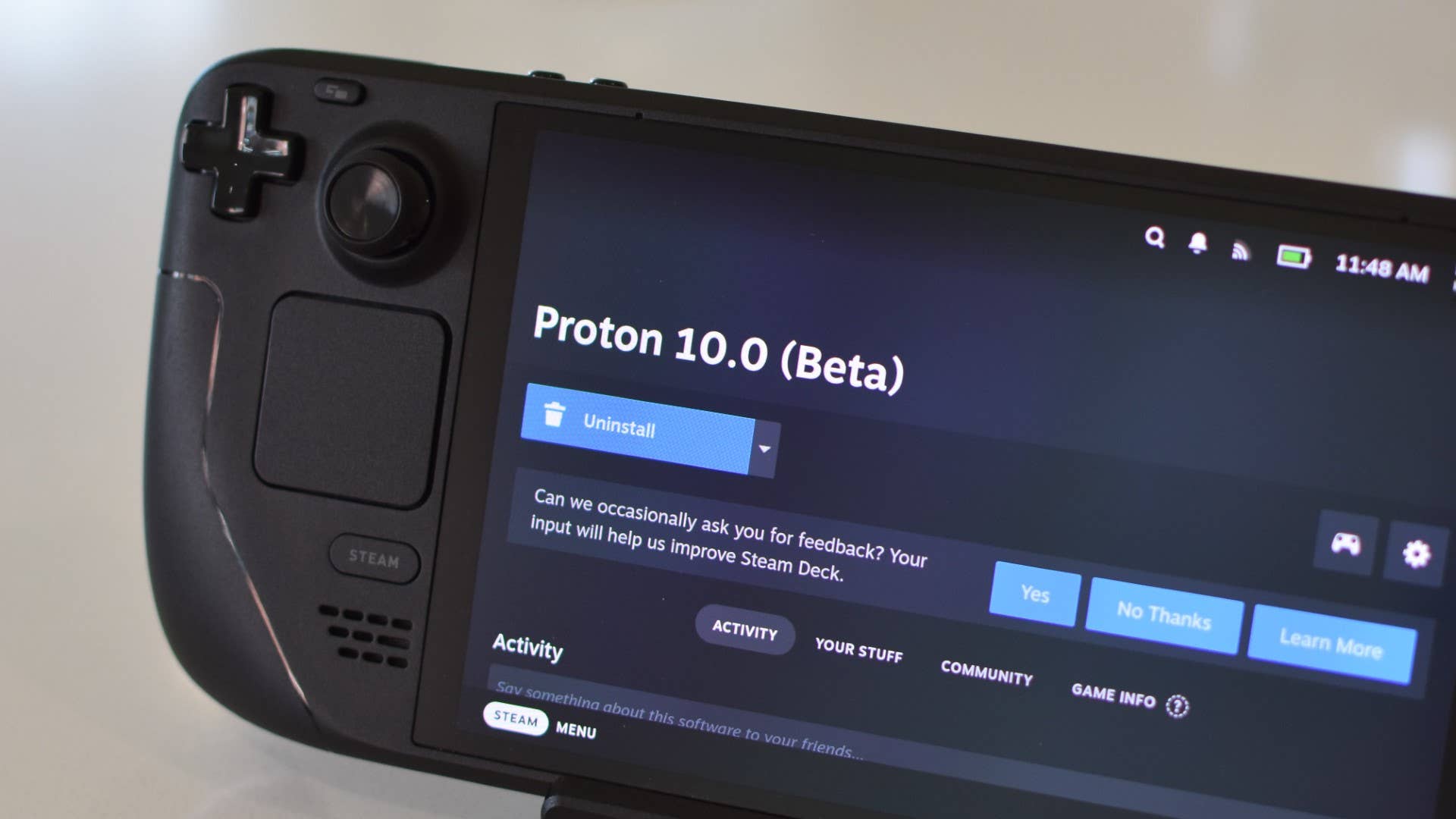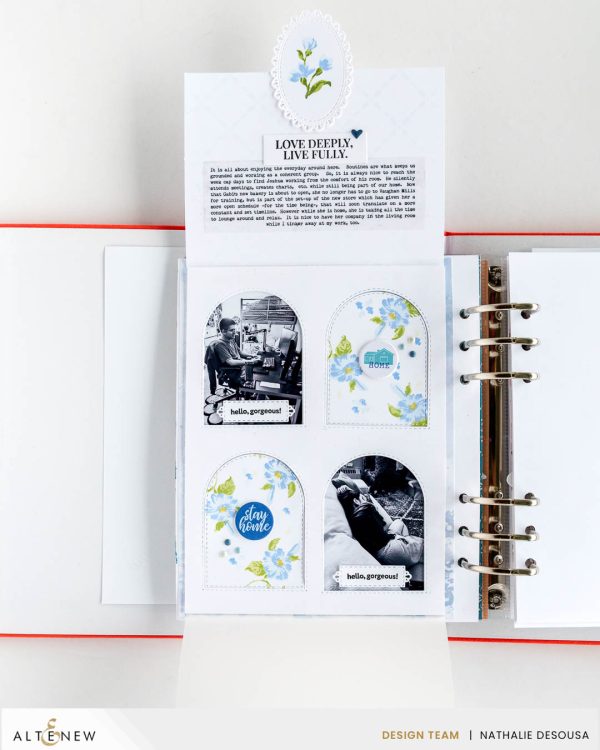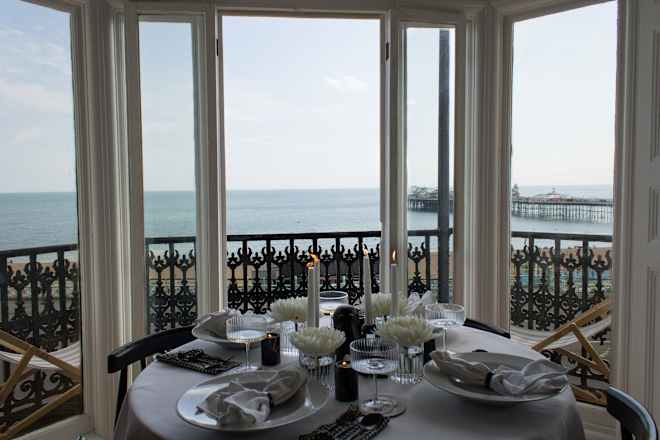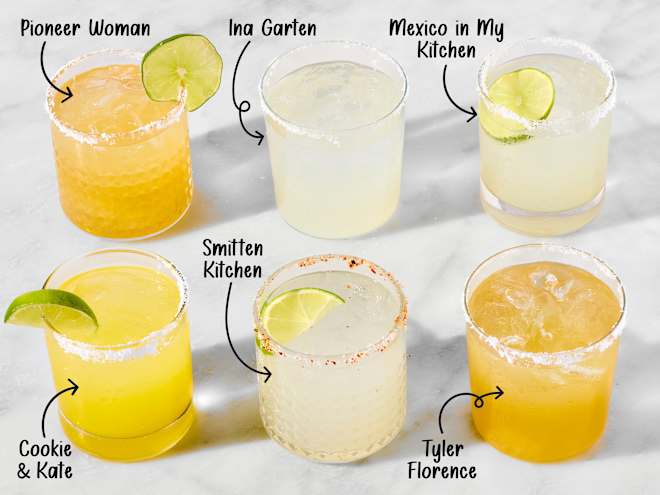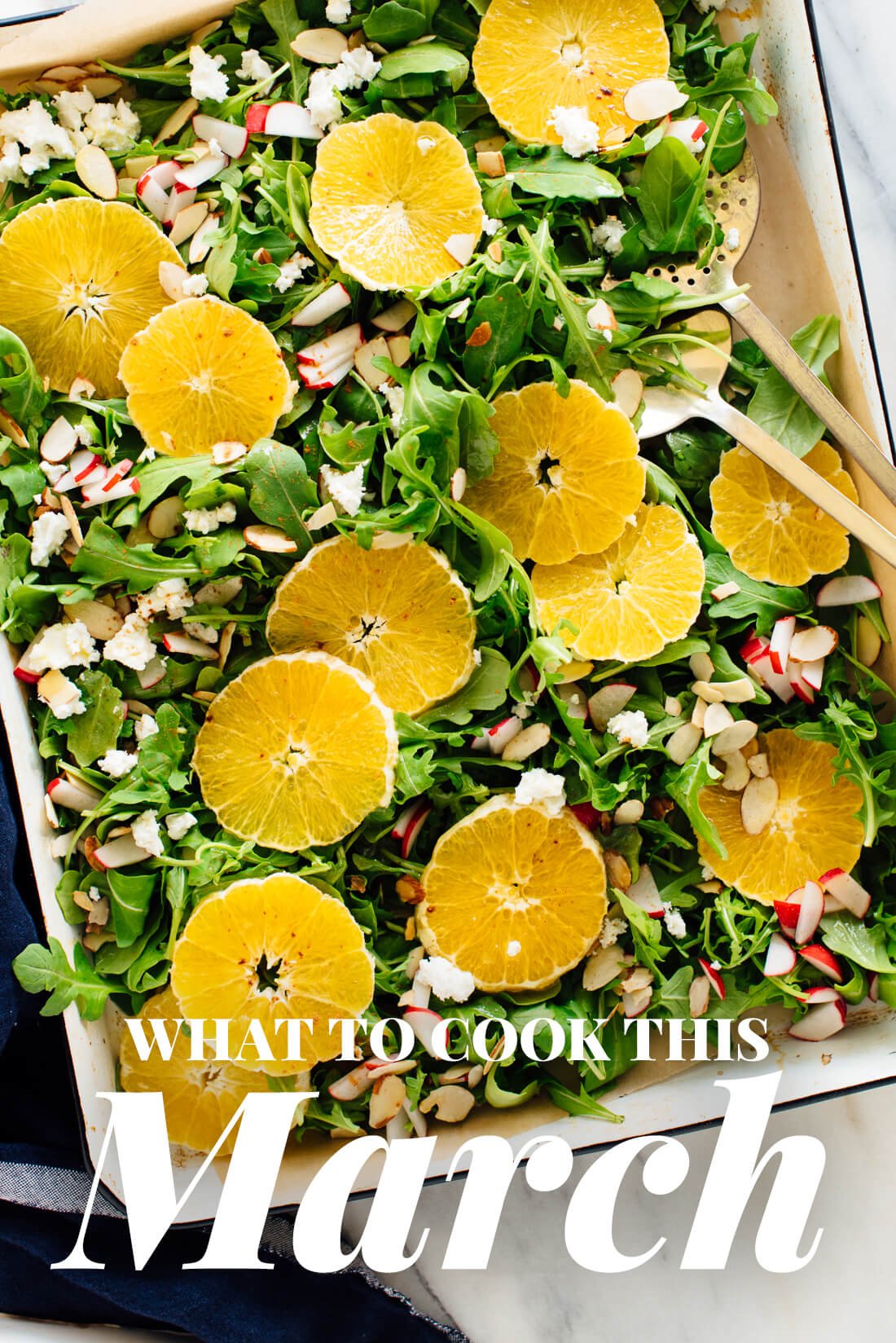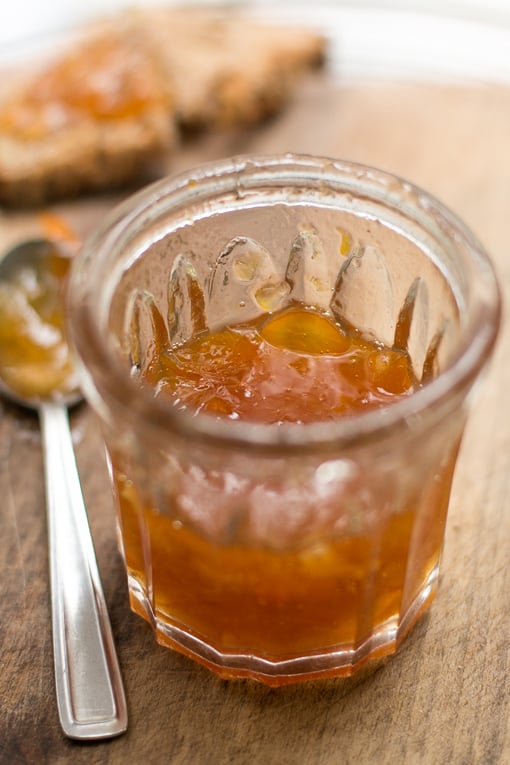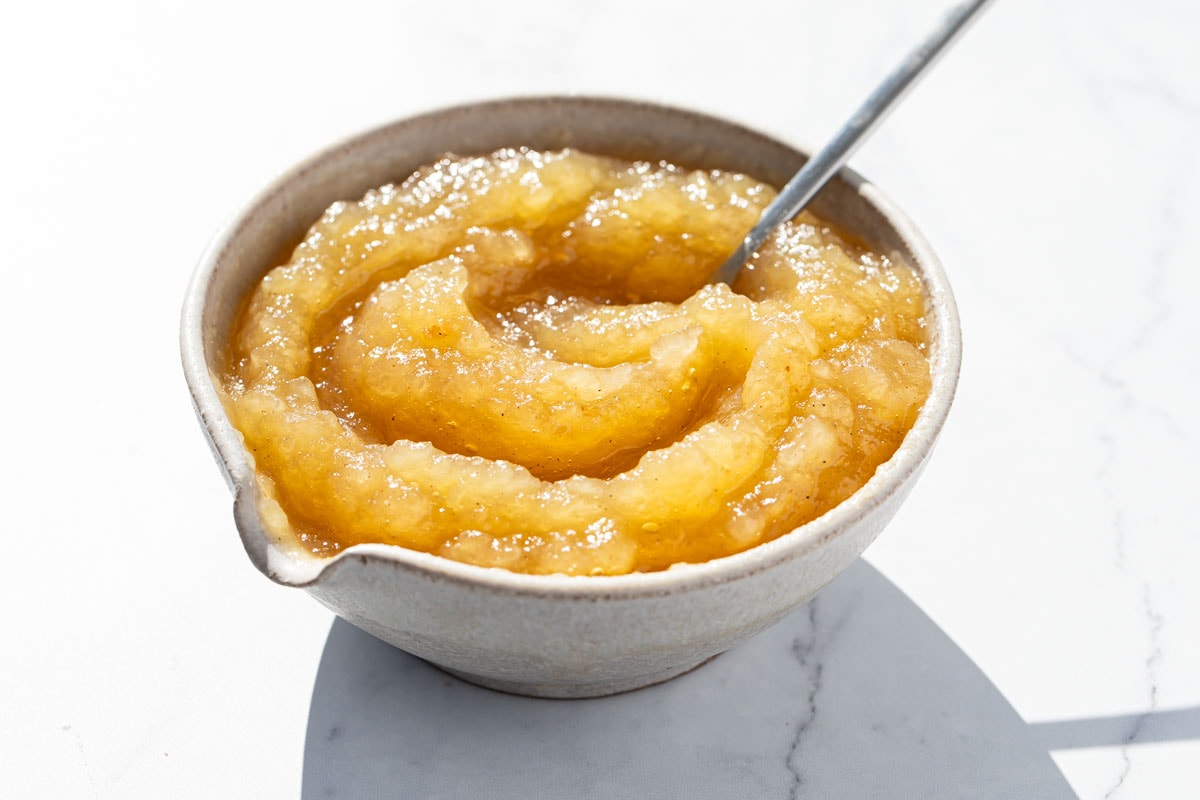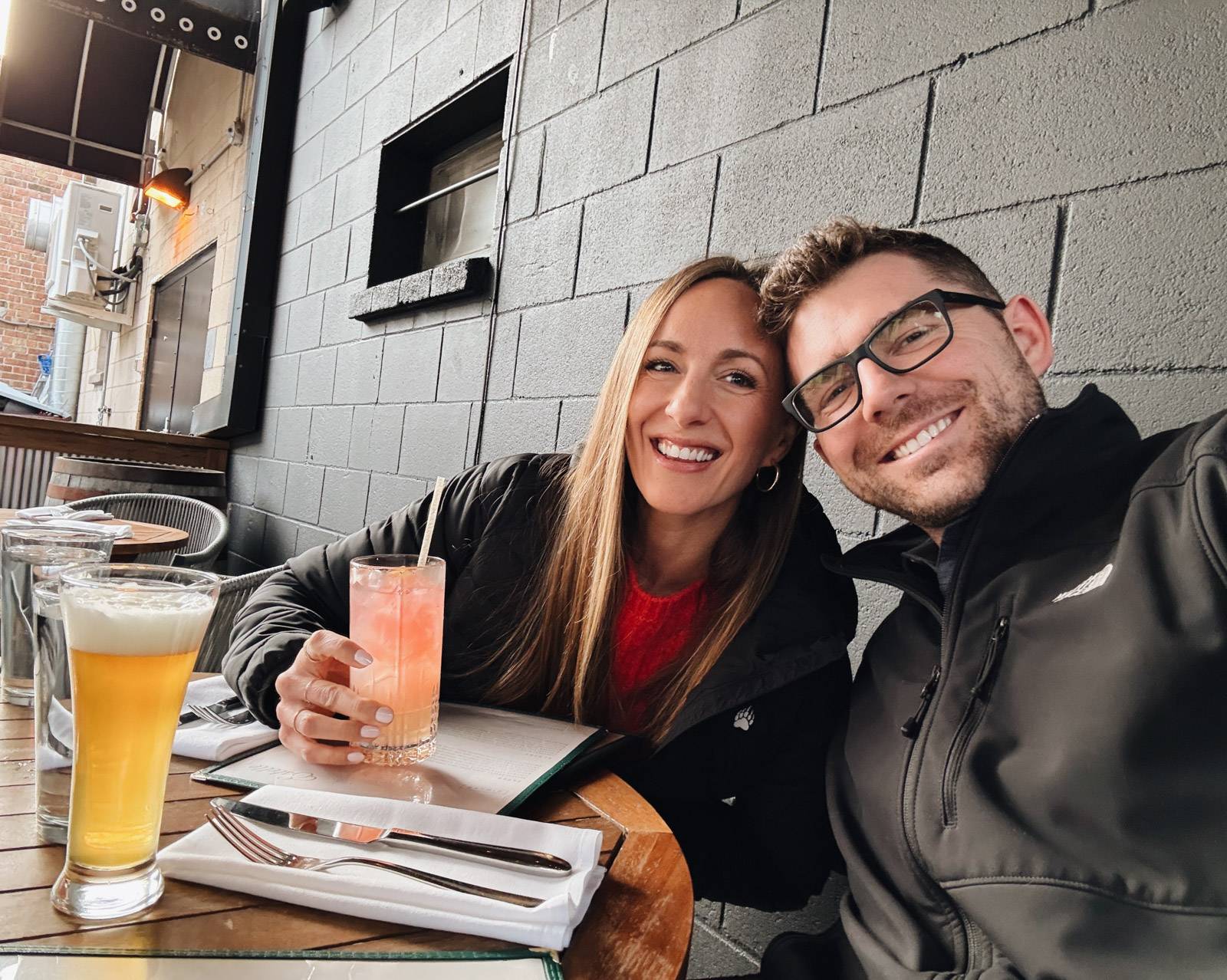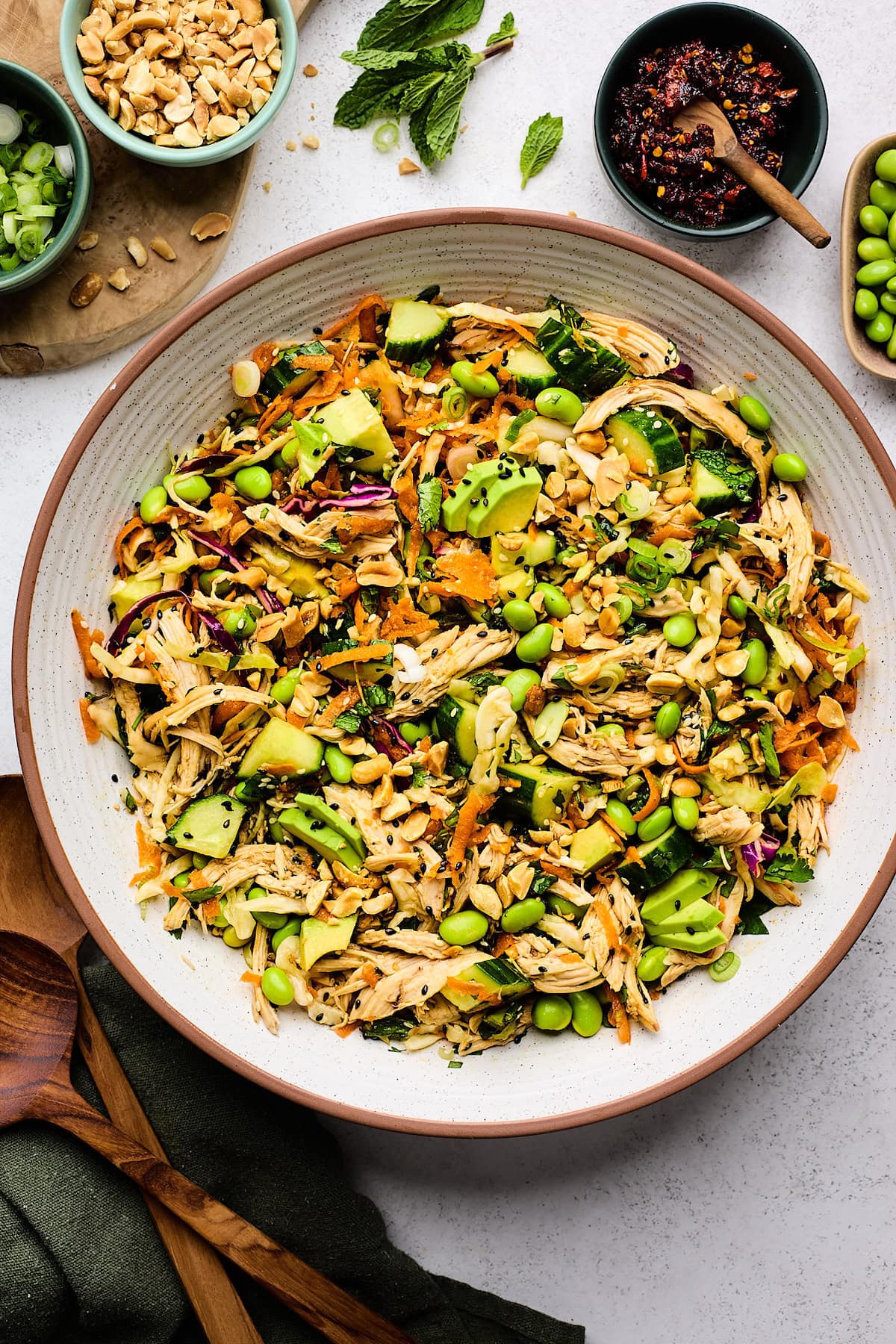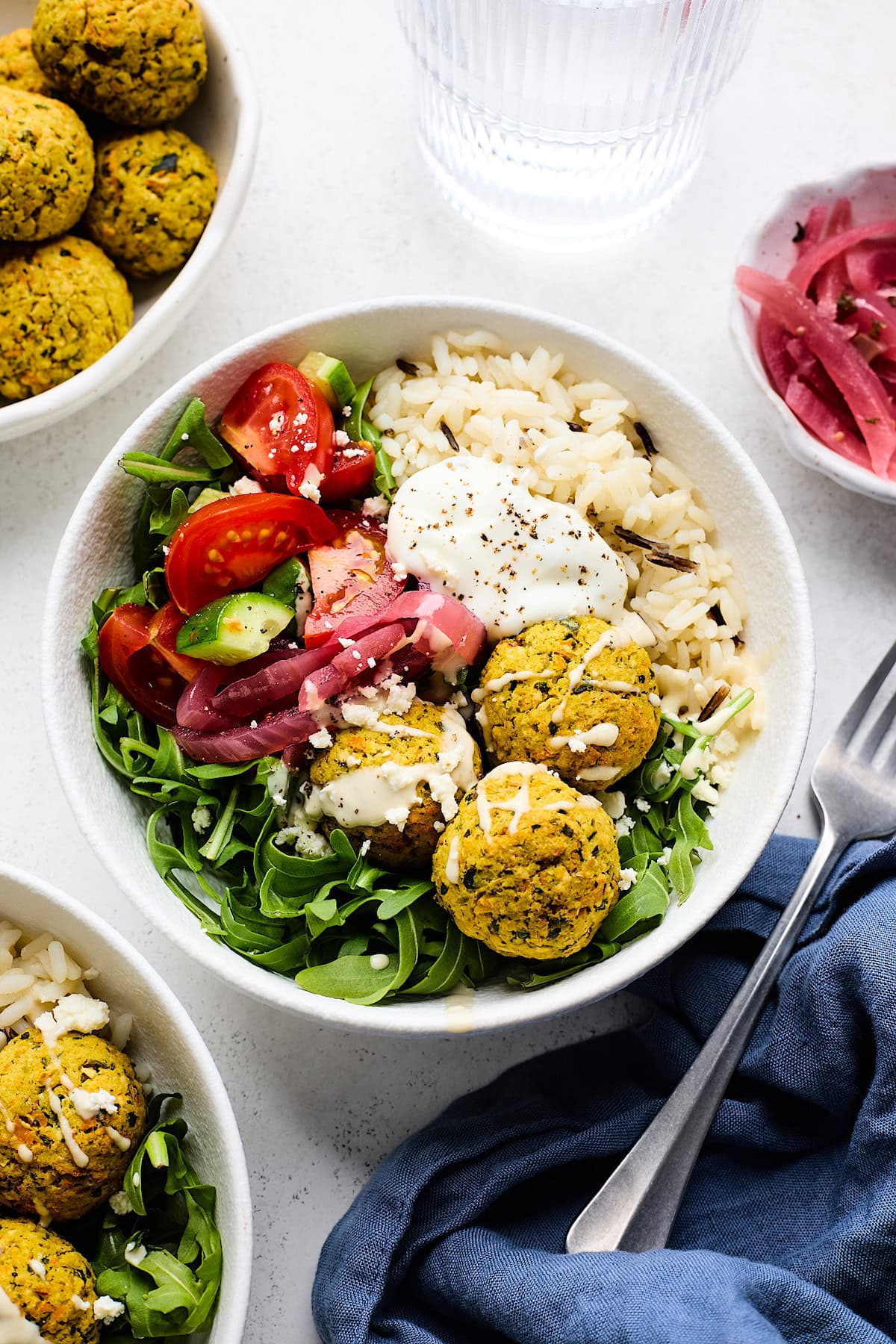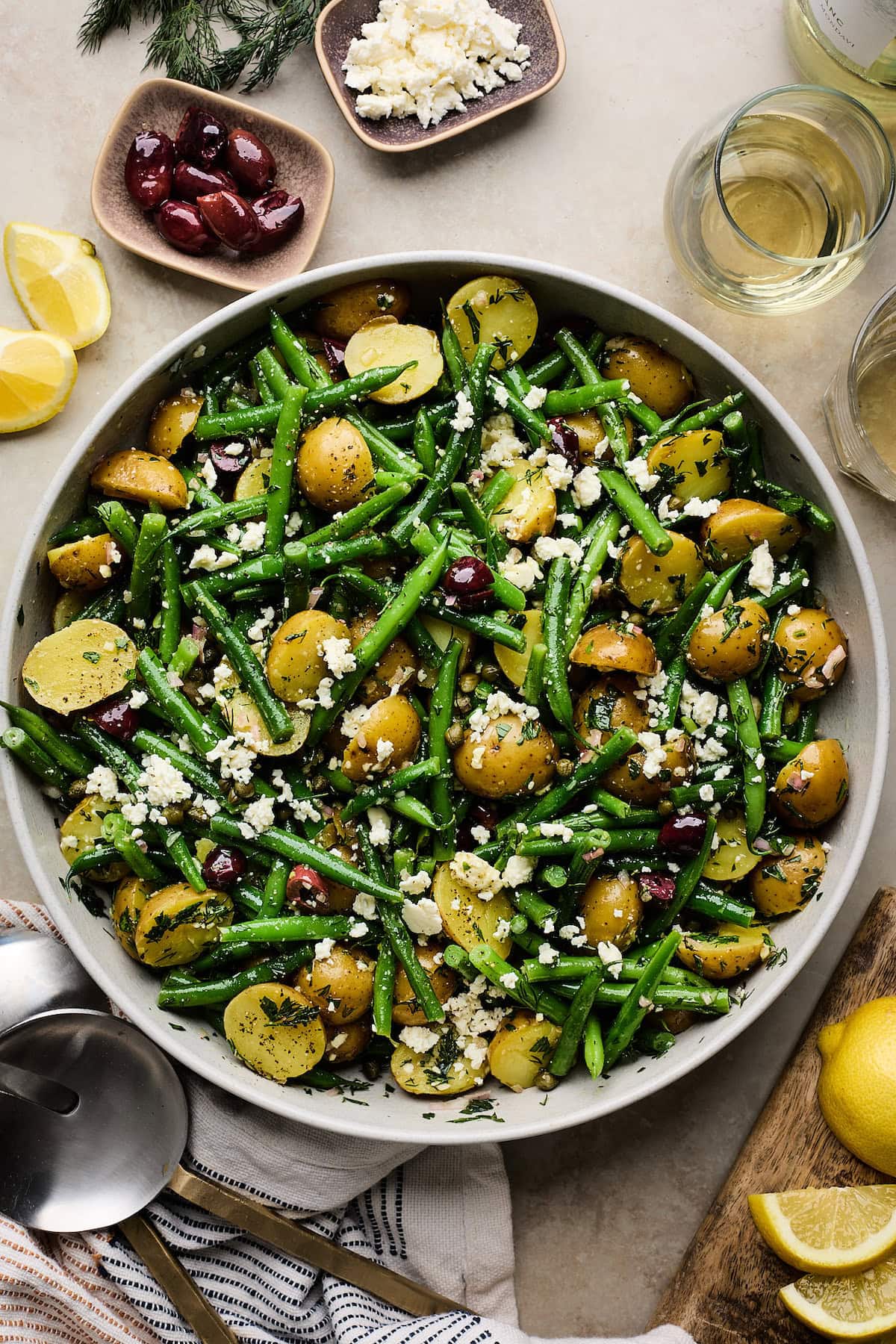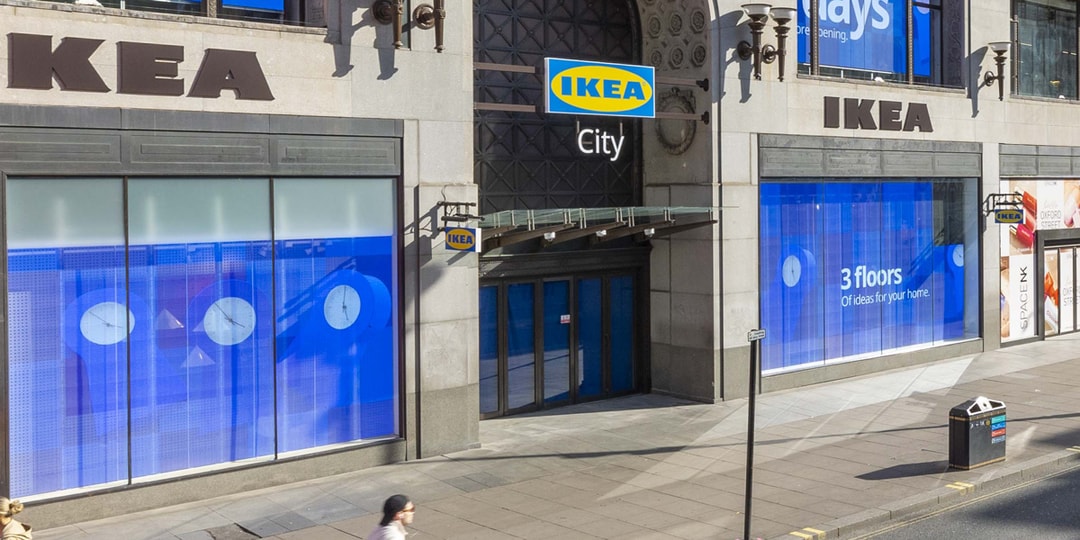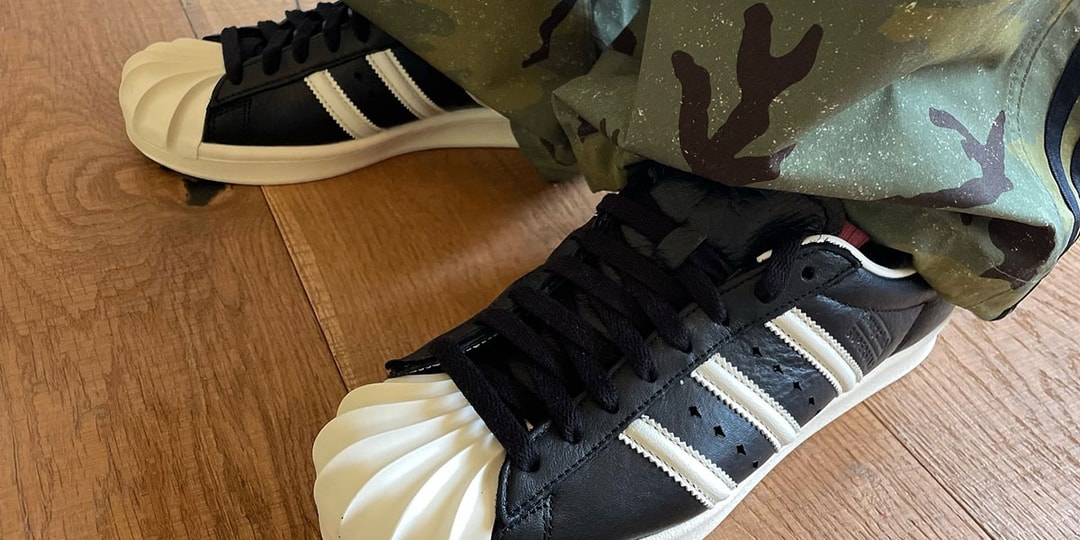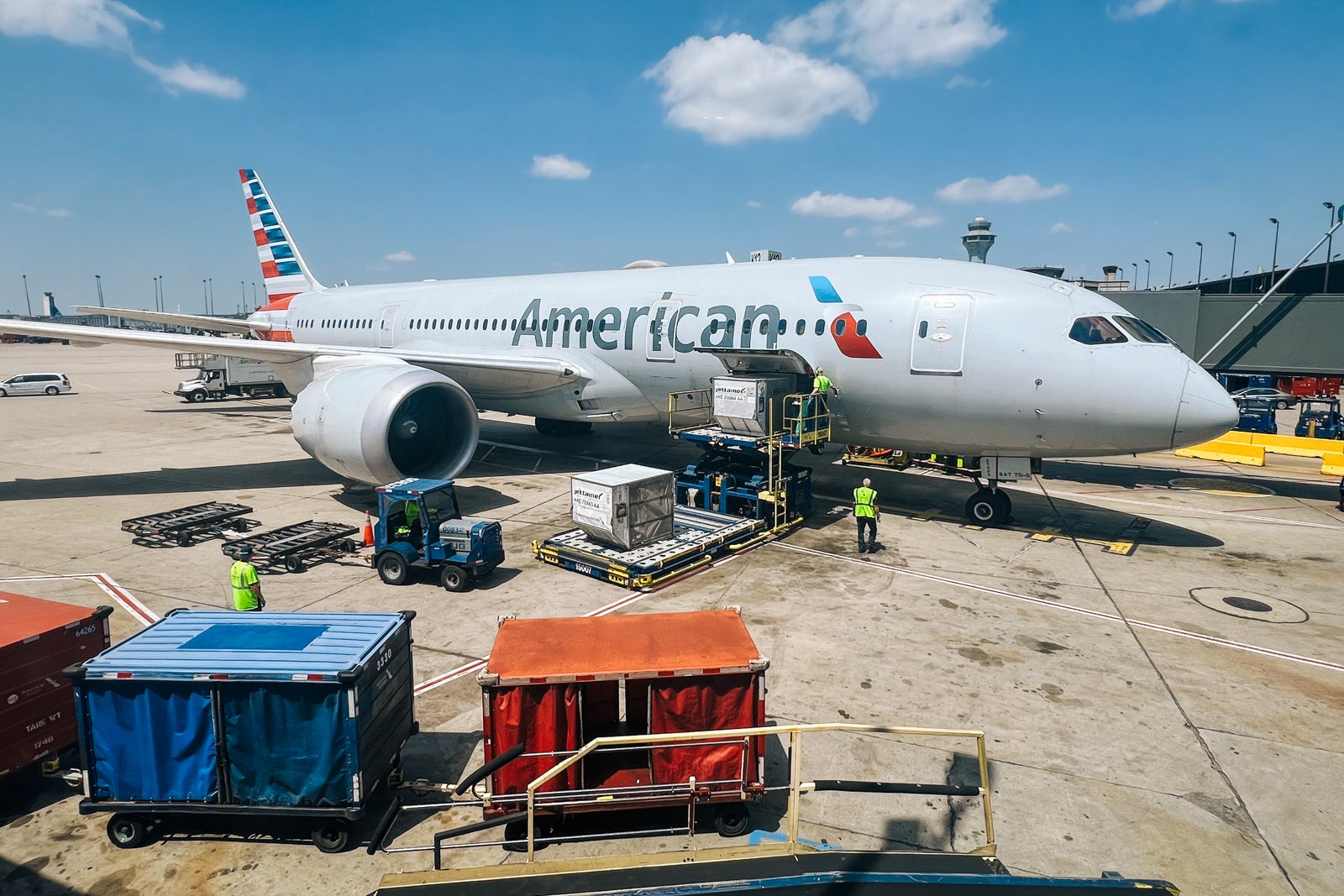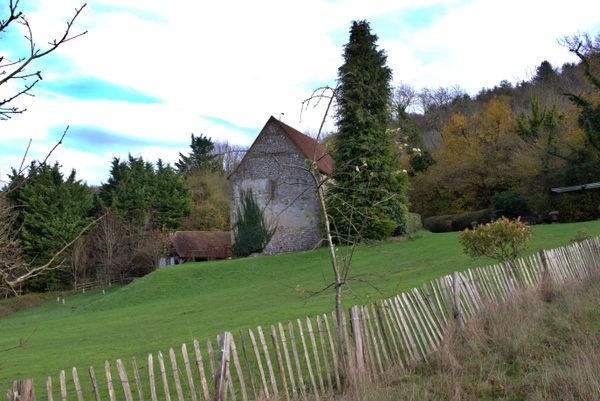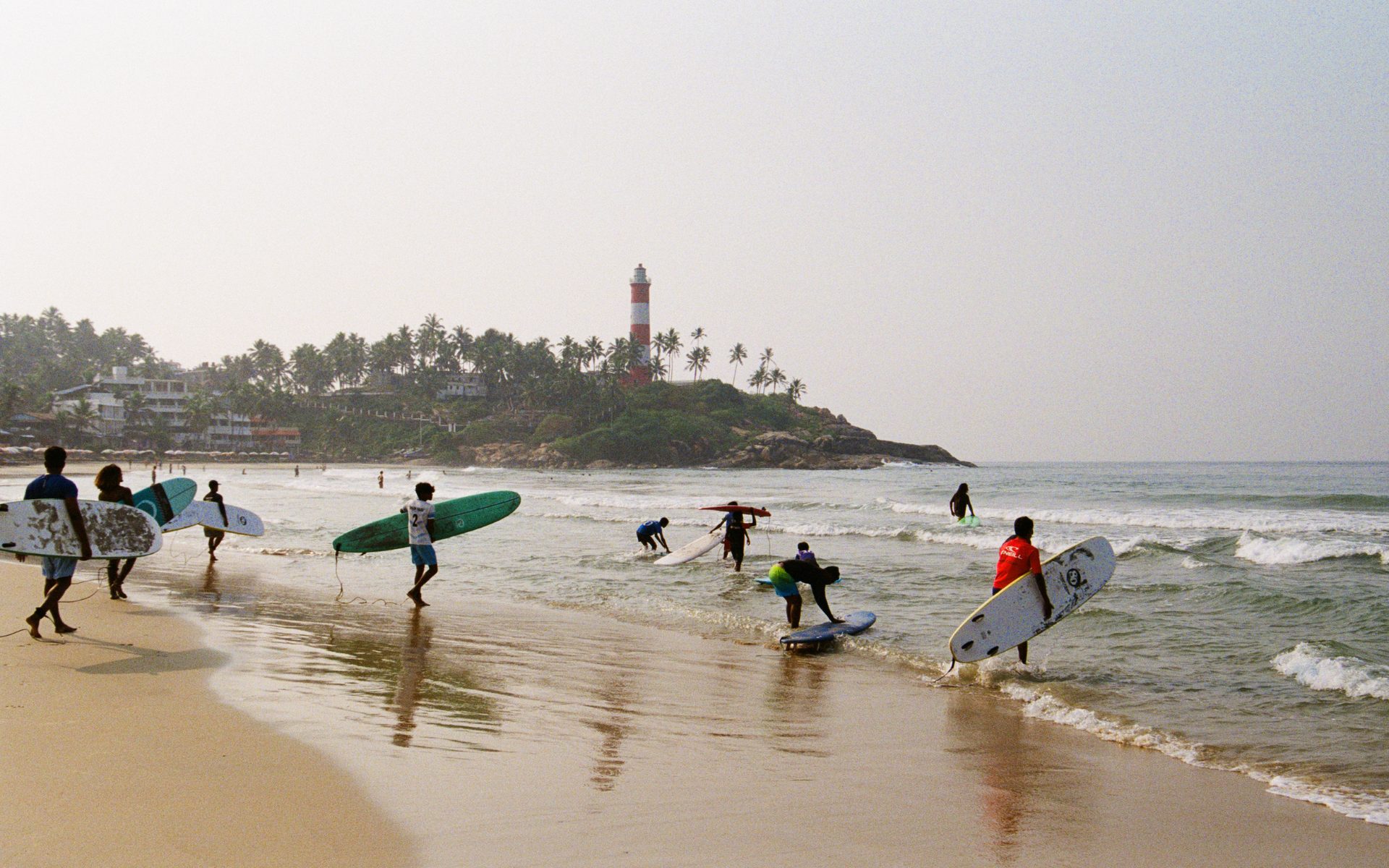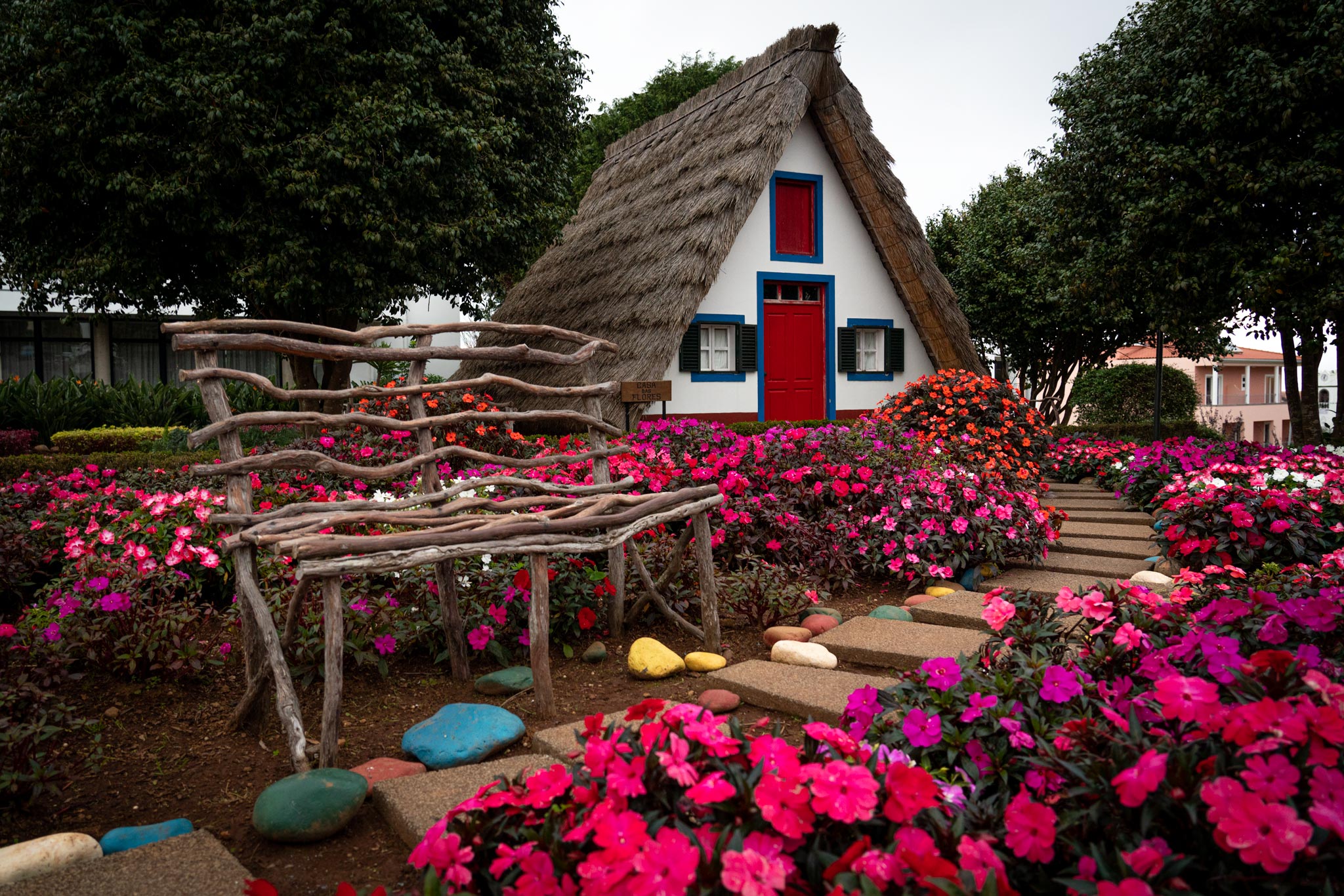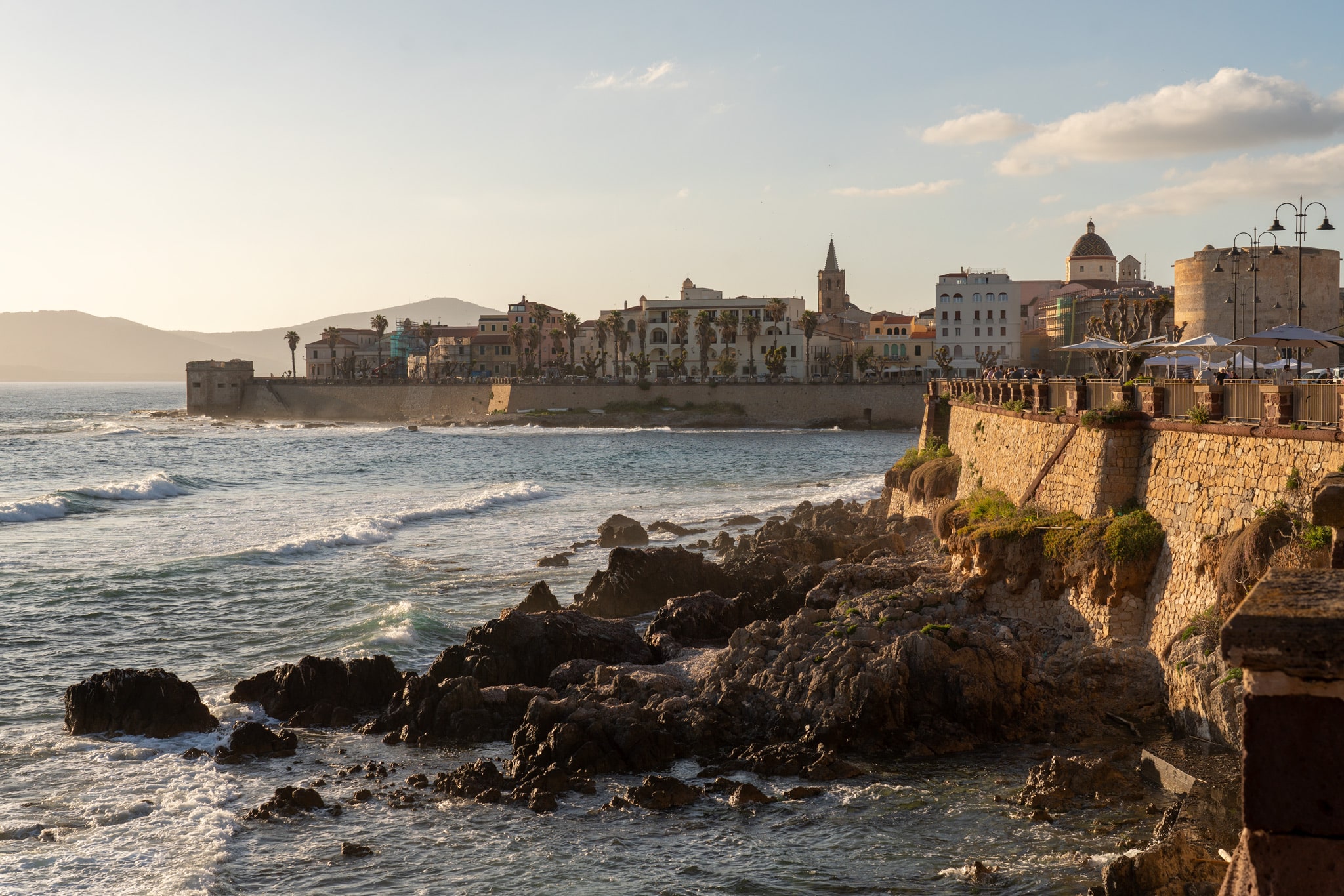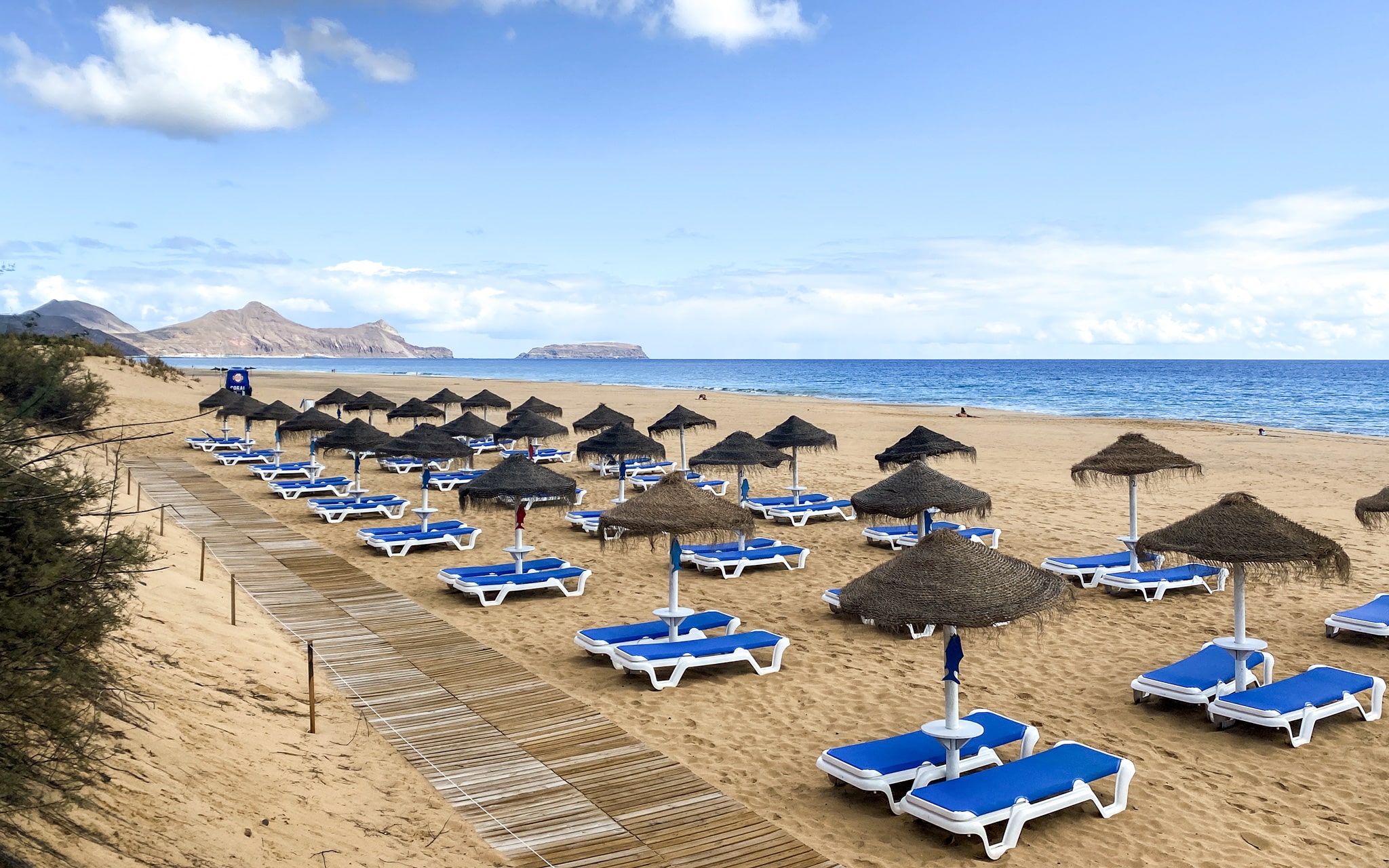How to spend a day in Xochimilco, Mexico
Make the most of 24 hours in this verdant southern borough of Mexico City, once a thriving agricultural powerhouse for the Aztec capital of Tenochtitlan.

Xochimilco’s roots run deep. This verdant southern borough of Mexico City with a maze of historic canals was once a thriving agricultural powerhouse for the Aztec capital of Tenochtitlan. In the 16th century, its intricate network of chinampas (ingenious man-made islands built on shallow lake beds) supplied the majority of the food for the city's population. While the great lakes of the Valley of Mexico have long since receded and the modern metropolis has sprawled outward, Xochimilco remains a rare window into that watery, pre-Hispanic past.
Today the borough is often associated with lively party boat cruises. I’d always pictured jam-packed trajineras (gondolas) blasting mariachi music while crowds of revelers sipped beer under a festive canopy of papel picado (strings of decorative paper) – fun, but not exactly my usual scene.
But Xochimilco, it turns out, is a layered destination. You can go full fiesta or, like me, dig deeper and discover an entire ecosystem of regenerative farming, local history and slow travel magic.
Here's how to make the most of your 24 hours in Xochimilco.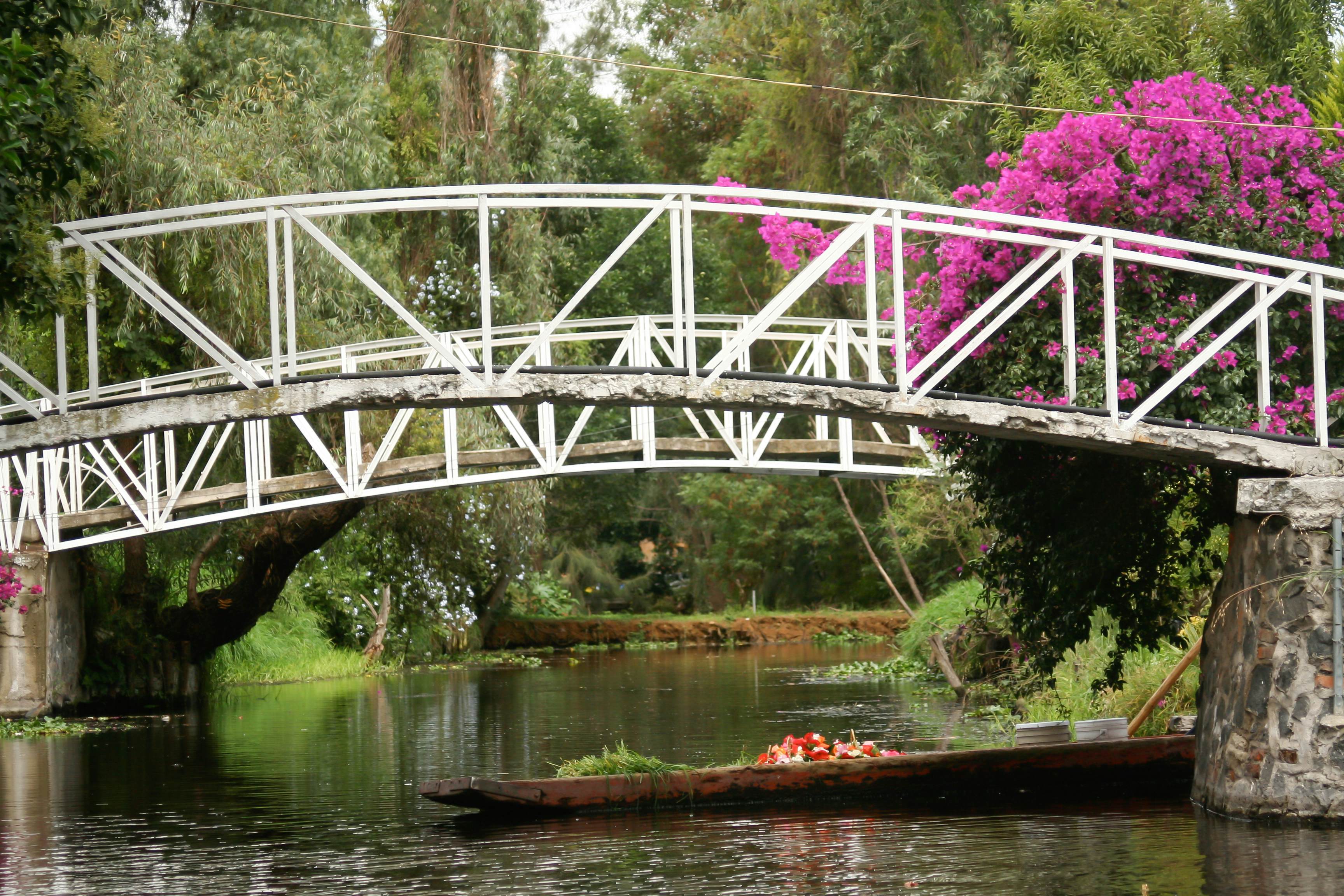
When to arrive: Aim for 8–9 a.m. on a weekday. The light is beautiful, the boats are fewer, and you'll beat the party crowd.
How to get there from Mexico City: The metro/light rail combo is scenic and budget-friendly. Take Metro Line 2 to Tasqueña, then hop the Tren Ligero to Xochimilco. Or, take an Uber directly (about 45 minutes to an hour from Mexico City’s Centro Historico).
Getting around town: Once you're in Xochimilco, walk or use Uber. Most of the fun is canal-side and walkable.
What to pack: Comfortable walking shoes, a hat for the sun, reusable water bottle and light jacket for the morning chill on the water. You'll also need pesos in cash.
Morning
Start your day with coffee at Animal Cafe, a cozy shop that does a rich cold brew and warm croissants. Then stroll over to Mercado de Xochimilco, where early risers are already squeezing fresh juice and flipping tlacoyos on comals. Try one stuffed with fava beans and topped with nopales.
From here, make your way to one of Xochimilco’s many embarcaderos. The two you’ll likely opt for are Embarcadero Cuemanco or Embarcadero Nuevo Nativitas – the latter is more popular, but Cuemanco sees fewer crowds and offers easier access to chinampa-focused experiences like Fuego Vivo.
Opt for a slow canal ride, especially one that ventures out past the tourist flotillas. If you're not doing a full tour, negotiate directly at the embarcadero. Expect to pay around M$500/hour (US$25/hour) for each boat. 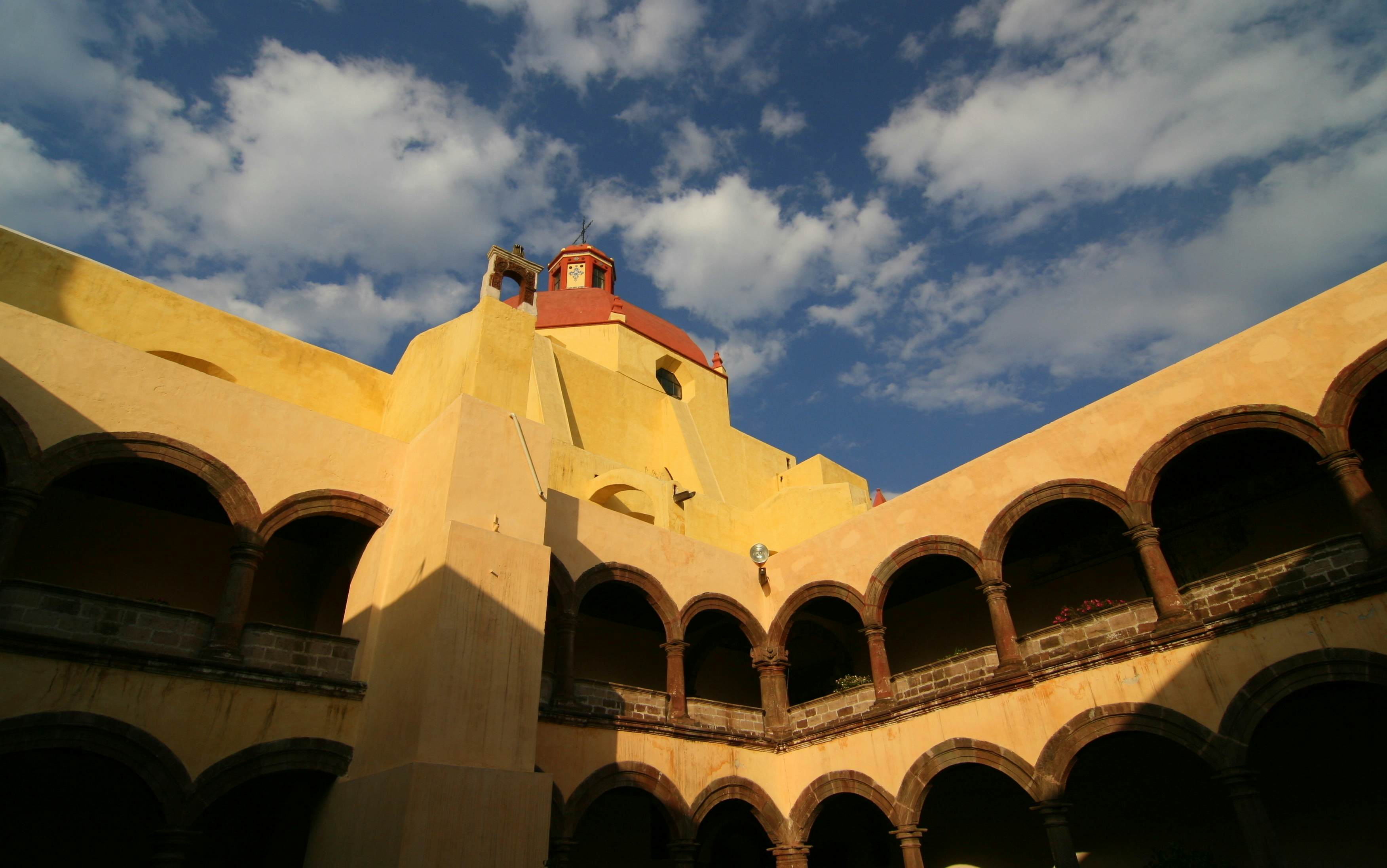
Afternoon
For something special, book in advance with an agritourism project like Chinampa Fuego Viva. My own experience had me cruising along the water with a local anthropologist as my guide. We disembarked onto a secret garden world to learn about pre-Hispanic agriculture and sample a home-grown, home-cooked lunch right on site. It cracked Xochimilco wide open for me, reminding me that regenerative travel doesn't have to be a buzzword.
Another company to consider is Chinampas Xochimilco, which does late morning or afternoon canal rides combined with lessons about the local flora and fauna and a home-cooked meal on the chinampa. For a more curated day tour experience, Culinary Backstreets includes breakfast in central Mexico City before departing via private van to the canals. The excursion includes a farm tour plus a multi-course lunch.
If you decide to end your trip here, you can head back to Coyoacan and treat yourself to lunch at Los Danzantes, a gorgeous spot known for dishes like duck confit tacos and mole negro (black chili sauce with chicken). It's a bit of a splurge, but well worth it for a long, languid lunch on their shaded patio.
If you’re staying close to the canals, take a stroll after lunch to visit the San Bernardino de Siena Church, a 16th-century monastery with murals, arches, and centuries-old stories embedded in its stone walls. Nearby, you can browse ceramics and textiles at artisan stalls or stroll past flower vendors peddling marigolds and roses grown on the chinampas themselves. The Mercado de Plantas Madre Selva is an explosive kaleidoscope of locally grown blossoms and flowers.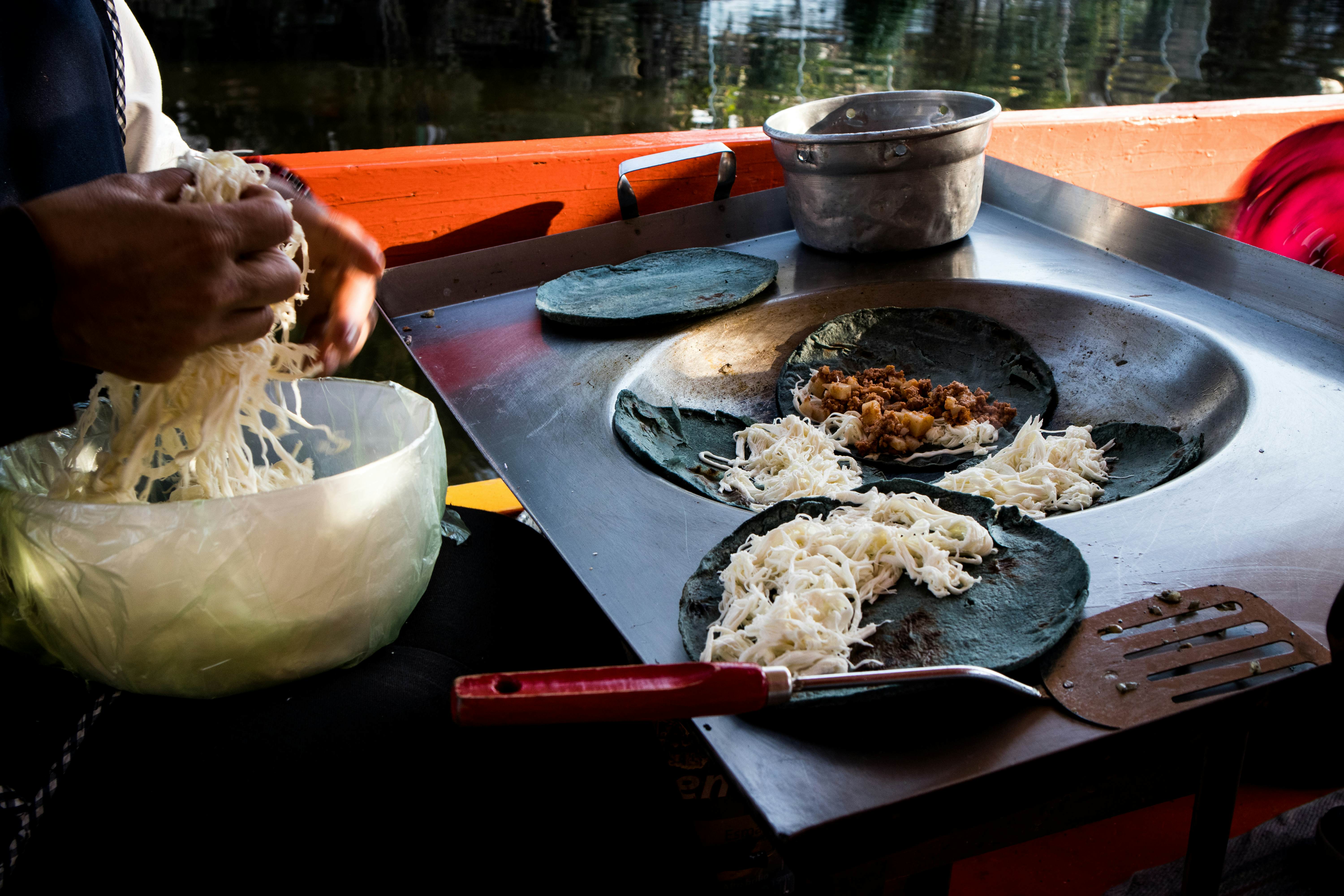
Evening
Keep things casual and local with a food crawl back at the Mercado Xochimilco, which comes alive again in the evening. For a sit-down option, Dalia Mercado Cultural, a kitchen and boutique that serves locally made products from kombucha to body lotions and creams. Order the pozole (a soup or thin stew of hominy, meat, vegetables and chilies) or the chorizo tacos and enjoy them out on the exposed brick patio.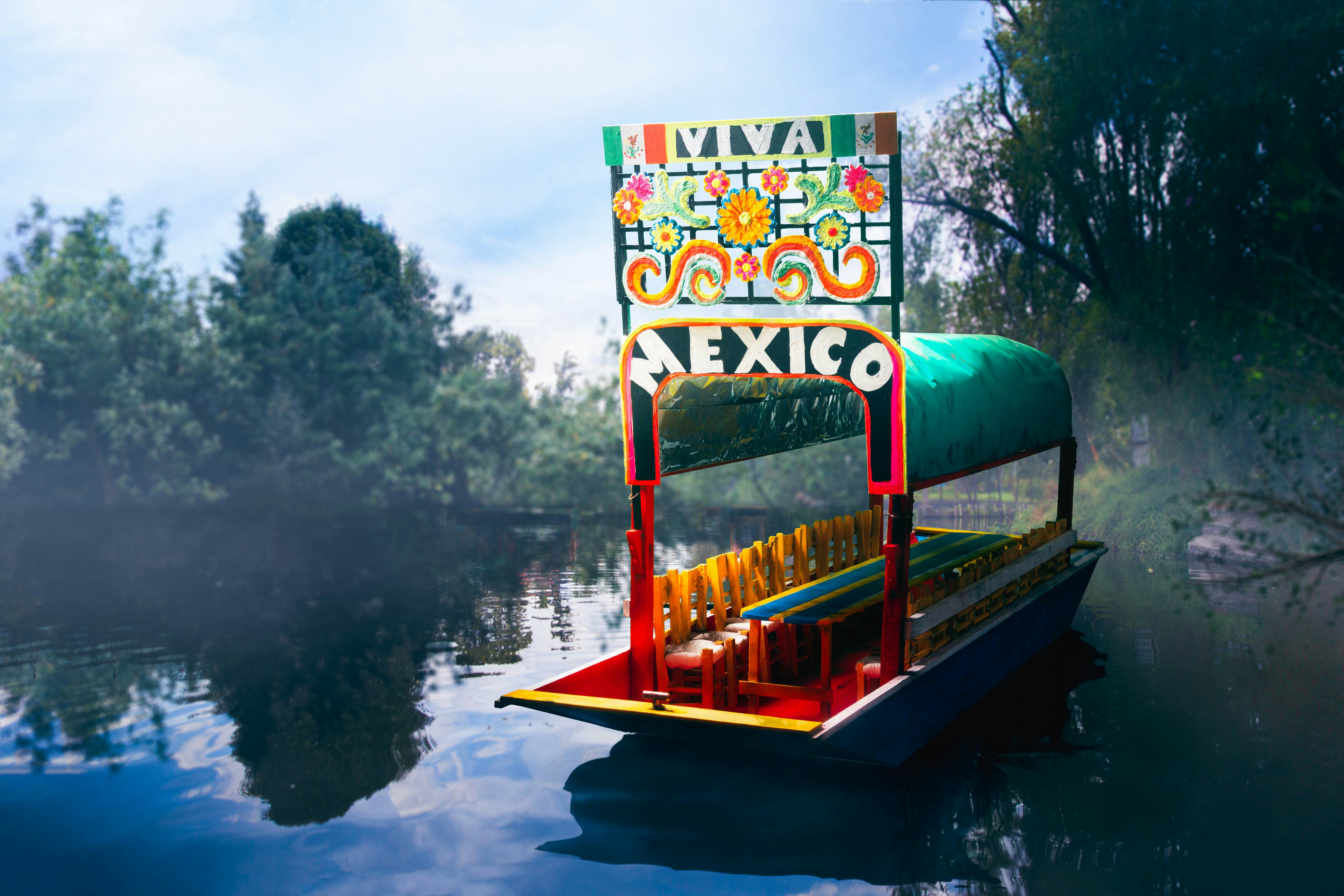
After dark
If you're still lingering as twilight hits (and you feel comfortable doing so), book a short evening trajinera ride – just 30 minutes to an hour. At dusk, the crowds thin, the water calms, and the string lights from distant boats twinkle like fireflies. Bring your own wine or grab a michelada (beer and tomato juice or beer with chili and lime) from a floating vendor. There's no better way to say end your day in Xochimilco than drifting through the dusk with a drink in hand and a trumpet echoing somewhere in the distance.
It's better to do Xochimilco at dusk with a friend or in a group. If you're in doubt, grab an Uber back to the city before nightfall and toast your adventure with a rooftop mezcal in Roma Norte instead.
